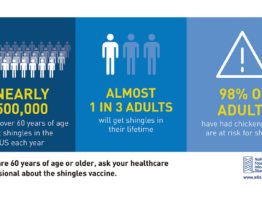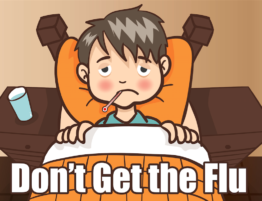
As we move towards the heart of the summer, one of the hottest topics being discussed is the Zika virus. From athletes backing out from the Olympics to general concerns regarding overseas travel, everyone has questions about this disease. While there is still much unknown about the Zika virus, there is still a lot of information about this disease. Here is some general information and some common questions regarding the Zika virus.
What are common symptoms of Zika virus, and how is it transmitted?
Even though most people think of complications with pregnancy in regards to the Zika virus, the most common symptoms include fever, rash, joint pain, and conjunctivitis (red eye). Symptoms typically last for a few days and up to a week but rarely require hospitalization. However, infection with the Zika virus during pregnancy can lead to brain defects in the developing fetus, including a condition called “microcephaly.” This is a condition where the baby is born with a head that is smaller than expected, and is a lifelong condition.
Transmission typically occurs through the bite of an infected mosquito, but can also be transmitted from a pregnant woman to her fetus or through intercourse with an infected male. Zika virus outbreaks have occurred in areas of Africa, Southeast Asia, the Pacific Islands, and recently Brazil. There have been no Zika virus cases stemming from local mosquitos in the United States, but there have been cases in travelers returning to the US.
How can I prevent getting Zika virus?
Since there is currently no available vaccine to prevent Zika virus infection, the best way to prevent getting the virus is to not get bitten by an infected mosquito. You should wear clothing with minimal skin exposure and use bug sprays containing at least 30-35% DEET. You can also consider treating outer clothing, tents, and sleeping bags with permethrin or sleeping under a permethrin-impregnated bed net. All of these precautions can lessen your chances of being exposed to the Zika virus.
What treatment options exist for someone infected with Zika?
There are currently no medications approved to treat the Zika virus, so treatment is focused on the specific symptoms being experienced by the infected individual. The two most important components of Zika treatment are rest and rehydration. Patients should drink plenty of fluids and get plenty of rest. Tylenol can be used to reduce fever and joint pain, but medicines like ibuprofen, aspirin, and naproxen should be avoided until a similar disease, Dengue fever, can be ruled out. It is also important for infected individuals to avoid being bitten by other mosquitos for the first week of the illness. Since a mosquito could transmit the disease from the infected individual into a healthy one, it is important to avoid being bitten by a mosquito, especially if you have returned to an area whose mosquitos have not been infected with the Zika virus.
The Centers for Disease Control and Prevention (CDC) is still studying this disease and releasing new information all the time. For more information about the Zika virus you can visit their website at www.cdc.gov. Zika virus is a serious disease and the greatest risk still lies with pregnant patients. With the right mosquito bite prevention strategies, it is possible to greatly reduce the risk of Zika virus infection if travelling to an infected country. Feel free to call a Valu-Med Pharmacy team member at (405) 741-1200 if you have any other questions!








